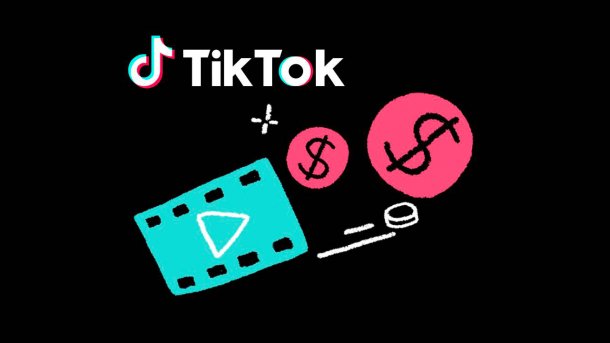TikTok permanently shuts down reward program in the EU
The EU Commission believes that "TikTok Lite Rewards" could be addictive and therefore initiated proceedings in April. This has now been concluded.

(Image: TikTok (mit leichter Verfremdung))
The TikTok operator Bytedance has promised the EU Commission that it will permanently withdraw its rewards program "TikTok Lite Rewards" from the EU. The company has also undertaken not to install any other programs, thereby avoiding the obligation, the EU Commission announced.
The Commission is the supervisory authority for the largest platforms under the Digital Services Act (DSA). As such, it forced TikTok to switch off the reward functions in April. ByteDance initially complied temporarily; otherwise the EU Commission could have imposed a heavy fine or had the service blocked. The EU Commission has now ended the proceedings it initiated on April 22, 2024. Should ByteDance still violate its commitments, it would immediately impose a fine.
With the reward program of the "Lite" app, which was previously only available in Spain and France, TikTok rewarded users for content interactions with virtual currency that could be exchanged for real vouchers. Such interactions included watching videos, liking content or inviting friends to TikTok. The EU Commission said that the rewards program could be addictive and potentially have a negative impact on the physical and mental health of users, especially minors.
Further DSA proceedings underway
According to the Digital Services Act (DSA), very large online platforms such as TikTok must carry out a risk assessment of such functions and submit a report to the EU Commission before introducing them. The EU Commission announced that TikTok had not done this.
Videos by heise
ByteDance is the first provider to make commitments to the EU Commission. The Commission wants to "carefully monitor" whether it complies with these and other legal requirements. Another procedure initiated by the EU Commission against TikTok in mid-February of this year has not yet been concluded. This concerns the protection of minors, transparency of advertising, access to data for researchers and risk management in relation to addictive design and harmful content.
The EU Commission has also been conducting formal DSA proceedings since December 2023 against X, for which it made preliminary findings on July 12, 2024, since March 2024 against AliExpress and since April and May 2024 against Meta.
(anw)